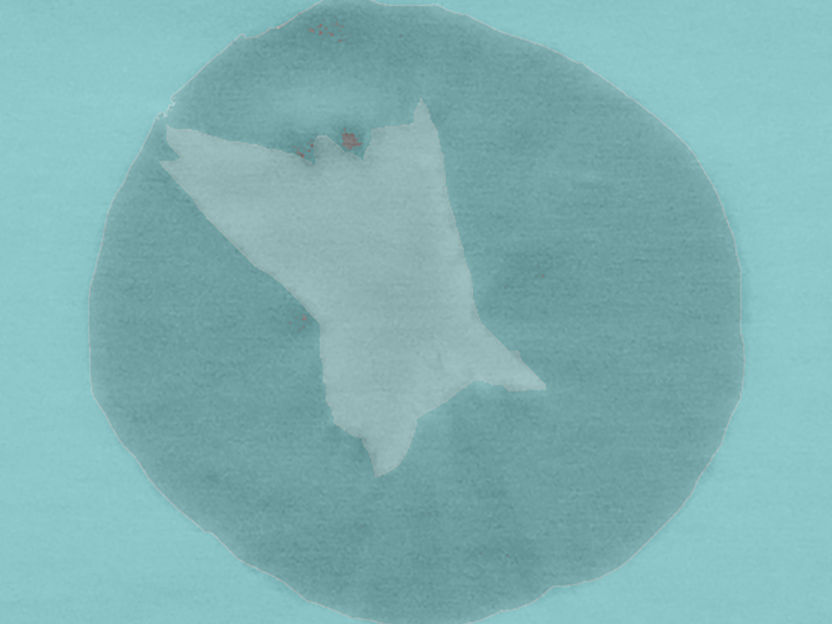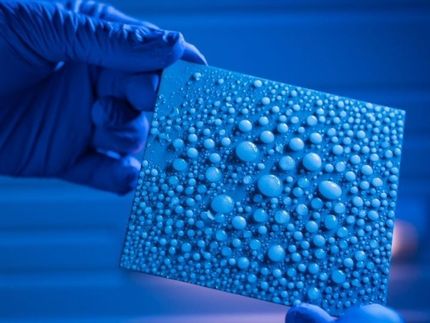On the track of fast phase transformations
Phase transformation mechanisms and kinetics of a metallic glass defined over a wide temperature range
Advertisement
metallic glasses are metastable materials characterised by special atomic arrangement and properties. They are generally harder, more corrosion resistant and stronger than ordinary metals. Their amorphous structure is formed when natural crystallisation is prevented. This can be achieved, for example, by rapidly cooling the melt so that the atoms are deprived of mobility before they can adopt the crystal arrangement. The reverse process - rapid heating of metallic glasses - gives access and control of the non-equilibrium states and structures with unique physical and mechanical properties, which cannot be obtained by conventional methods. However, due to the fast transformation kinetics, on the millisecond time-scale, in situ studies have always been challenging for materials scientists and physicists. Researchers have now succeeded in observing the phase transformations with high temporal resolution over the entire temperature range of the supercooled liquid's existence.

Scanning electron microscope image of a copper-zirconium-aluminium metallic glass-crystal composite showing the CuZr B2 (spheroid)/Cu10Zr7 (dendrite) crystalline phases in a glassy matrix.
IFW Dresden
In a recent paper published in Nature Communications, researchers report that they applied a combination of different and complementary techniques to study the phase transformations during rapid heating (annealing) of a copper-zirconium-aluminium glass. The structural studies have been carried out using in situ X-ray diffraction at PETRA III synchrotron source (DESY Hamburg) with the experimental setups for electromagnetic levitation and flash-annealing both constructed at IFW Dresden, and transmission electron microscopy at the University of Cambridge (UK). The local microstructure was analyzed by atom probe tomography at MPIE Düsseldorf, and the surface chemistry was studied by Auger and X-ray photoelectron spectroscopy at IFW Dresden. Such a unique combination of experimental techniques provided hitherto inaccessible insight into the phase-transformation mechanism and its kinetics with high temporal resolution over the entire temperature range of the existence of the supercooled liquid. For the first time, the conditions under which the glass can form structures with beneficial materials properties are defined in situ. This approach can also be applied to map phase transformations in other metallic-glass-forming systems.
Original publication
J. Orava, S. Balachandran, X. Han, O. Shuleshova, E. Nurouzi, I. Soldatov, S. Oswald, O. Gutowski, O. Ivashko, A.-C. Dippel, M. v. Zimmermann, Y.P. Ivanov, A.L. Greer, D. Raabe, M. Herbig & I. Kaban; "In situ correlation between metastable phase transformation mechanism and kinetics in a metallic glass"; Nature Commun.; 2021, Vol. 12, Article No. 2839


































































